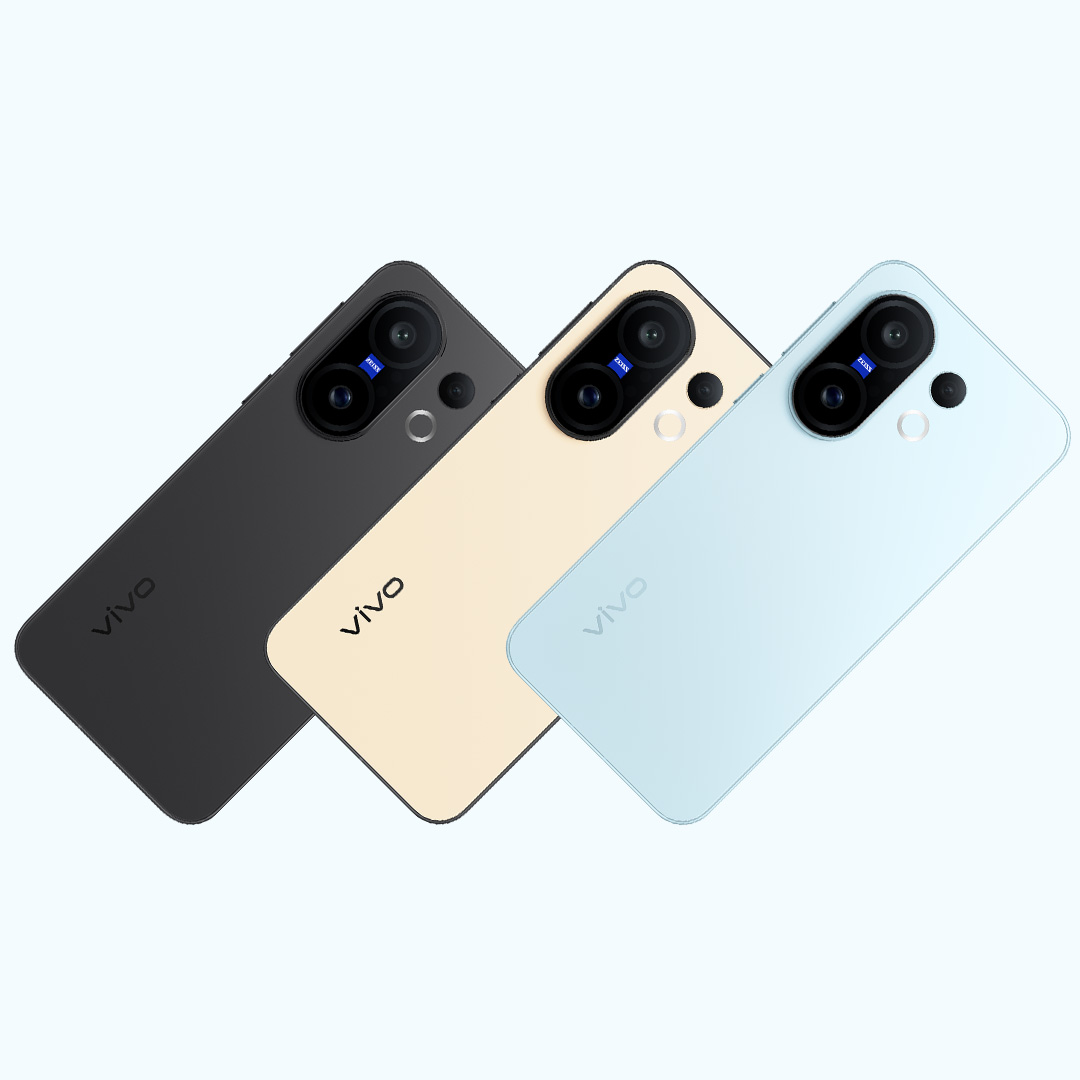Samsung, the renowned technology giant, has once again been spotted exploring the realm of wearable devices, with recent reports suggesting the development of a smart ring. The sighting came through the Samsung Health application, where an option called ‘Galaxy Ring’ appeared among the heart measurement features. Additionally, Samsung has recently filed trademark applications for three names—Samsung Circle, Samsung Index, and Samsung Insight—at the UK Intellectual Property Office (UKIPO). These developments indicate Samsung’s continued focus on expanding its wearable technology offerings, particularly in the realm of health monitoring. This article delves into the details of Samsung’s smart ring and its potential implications for the future of personal health tracking.
The Galaxy Ring: A New Frontier in Wearable Technology?
The emergence of the ‘Galaxy Ring’ option within the Samsung Health application has sparked intrigue and speculation among tech enthusiasts. While specific details regarding the smart ring’s functionality and features remain limited, it is believed to offer a new approach to health monitoring. With its placement on the Samsung Health platform, the smart ring is expected to provide users with real-time heart rate measurements, further enhancing the comprehensive health tracking capabilities of Samsung’s ecosystem.
Samsung’s recent trademark applications for “Samsung Circle,” “Samsung Index,” and “Samsung Insight” provide valuable insights into the company’s wearable technology strategy. While the details surrounding these potential product names are yet to be revealed, the filings indicate Samsung’s intention to expand its wearable portfolio beyond smartwatches, fitness bands, and earbuds. This move suggests that Samsung is exploring innovative wearable form factors and functionality, possibly including a smart ring capable of capturing health data and offering unique features beyond traditional wearables.
Exploring Health Monitoring Innovations
The inclusion of a smart ring in Samsung’s health monitoring ecosystem could bring about exciting possibilities. The compact size and discrete nature of a ring could provide users with a seamless and unobtrusive way to monitor vital health metrics on a daily basis. In addition to heart rate monitoring, the smart ring may incorporate advanced sensors to measure other biometric data, such as sleep patterns, stress levels, and even blood oxygen saturation. Such innovations would empower users to gain a deeper understanding of their well-being and make informed decisions to improve their overall health.
Samsung’s push towards wearable technology aligns with its existing ecosystem, particularly the Samsung Health platform. With its comprehensive suite of health and fitness features, Samsung Health offers users the ability to track their physical activities, monitor their sleep patterns, and even access personalized workout routines. Integrating a smart ring into this ecosystem would enhance the breadth and depth of health monitoring capabilities, providing users with a holistic approach to wellness.
The emergence of a smart ring from Samsung represents yet another step forward in the evolution of wearable technology. As consumers increasingly prioritize their health and well-being, companies like Samsung are exploring innovative ways to meet these demands. By incorporating advanced sensors and data analysis capabilities into a compact and stylish ring form factor, Samsung has the potential to redefine how individuals monitor and manage their health.
Samsung’s foray into the development of a smart ring and the trademark filings for related names hint at the company’s continued commitment to expanding its wearable technology offerings. The ‘Galaxy Ring’ option within the Samsung Health application signifies Samsung’s exploration of new form factors and health monitoring possibilities. If realized, a smart ring could provide users with discreet, yet comprehensive health tracking capabilities. As Samsung continues to innovate in the wearable space, the future of health technology looks promising, offering individuals more personalized and integrated ways to monitor and improve their well-being.






